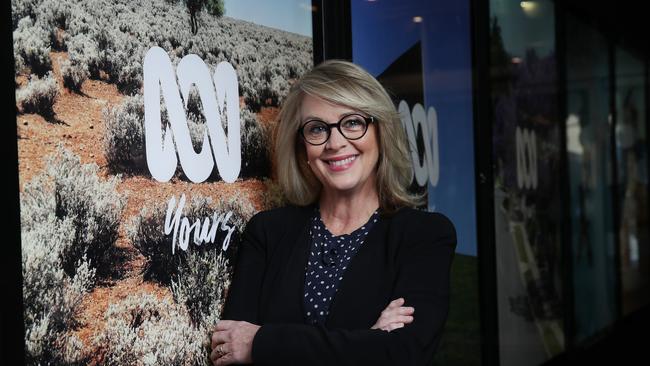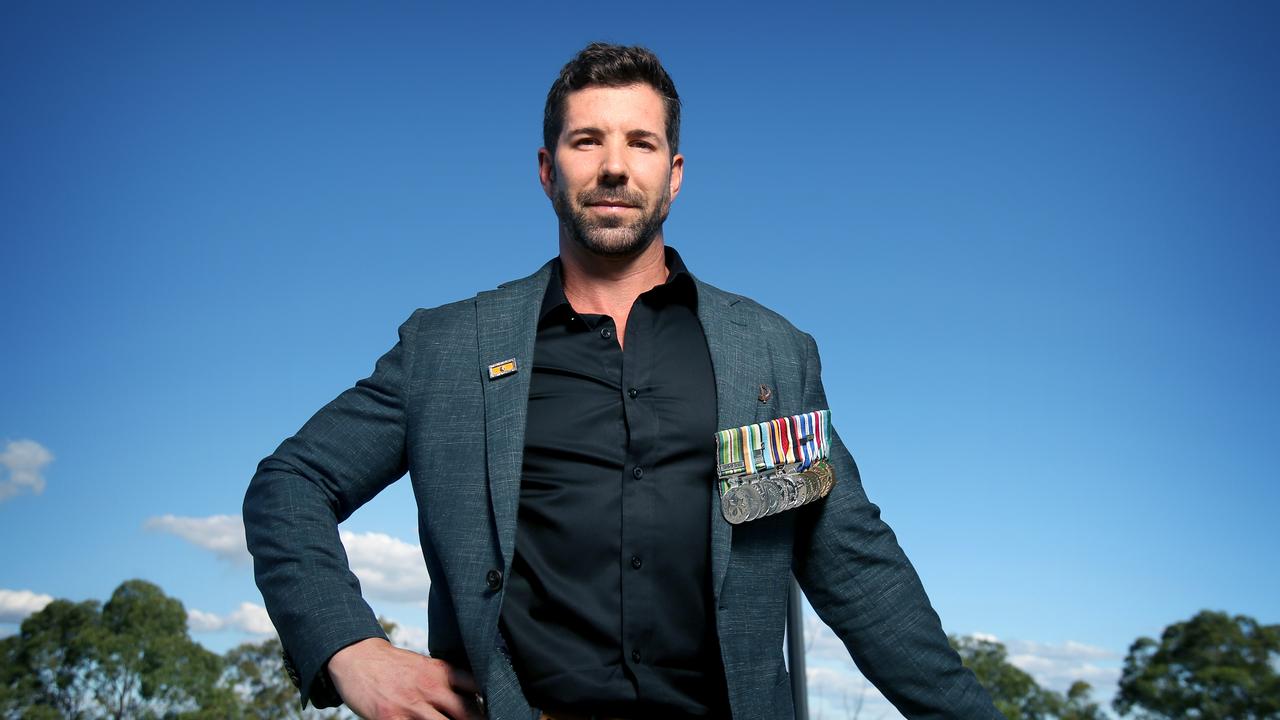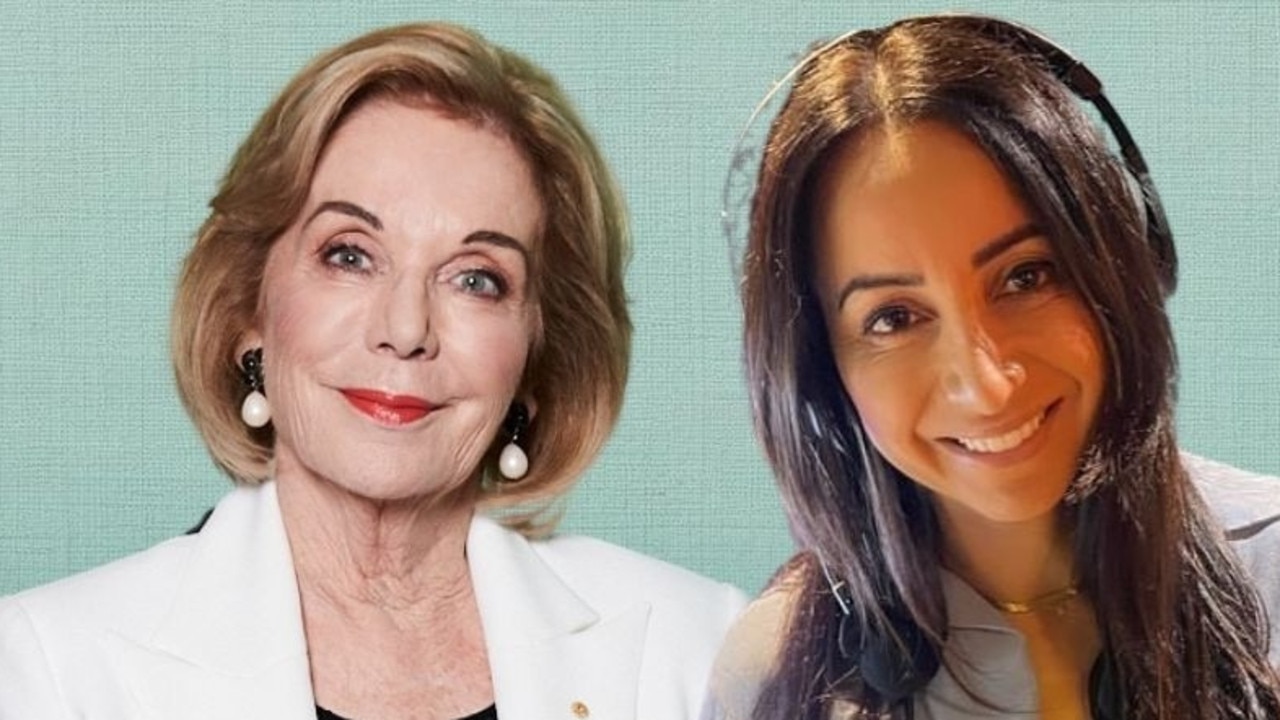Aunty vows to lift regional focus
Judith Whelan has defended how the ABC spends hundreds of millions in taxpayers funds across regional Australia.

Judith Whelan has defended how the ABC spends hundreds of millions in taxpayers funds across regional Australia, as the public broadcaster comes under increased pressure by the Morrison government to refocus on rural and regional reporting.
The broadcaster’s new director of regional and local operations also dismissed claims of left-wing bias by the ABC, saying presenters were “very keen to open all sides of arguments”.
The ABC, which has had its annual budget of $1 billion cut in recent years, has invested an additional $15 million into regional bureaus over the past two years.
That had led to about 80 new staff, as well as training to improve skills across video and storytelling, said Ms Whelan, who was appointed to the position last month after acting in the role since November.
Amid growing calls for the ABC to do more in the bush, the broadcaster’s new director of regional and local operations said her team of about 900 journalists, presenters, support and planning staff were doing important work, citing the Menindee fish kill story by its Broken Hill bureau. “We are already doing a great deal in regional,” Ms Whelan said. “If we had endless funds we could always do more.”
Her comments were in response to Communications Minister Paul Fletcher’s move to alter the ABC’s charter, aimed at increasing the broadcaster’s rural and regional coverage.
Mr Fletcher, who was appointed to the portfolio on May 26, reintroduced legislation on July 31 that would also require two ABC board members to have links to regional areas. “We are very happy that the government recognises that regional is valuable,” she said.
As part of the same legislative package, in October 2017 the Coalition introduced the Australian Broadcasting Corporation Amendment (Fair and Balanced) Bill 2017.
Ms Whelan believes the ABC is serving all Australians, despite criticism the broadcaster only serves the left-leaning.
“We have a fantastic editorial policies department that actually looks at this all the time, but also our presenters are very keen to open up all sides of arguments and that is what we do.”
Ms Whelan said the ABC’s increased investment and support for regional Australia through the Connecting Communities project took place “in the context of the ABC’s budget being cut by $254 million since 2014”.
“And the three-year indexation freeze means we’re essentially being cut by $84m and so we’re operating within a very tight fiscal envelope,” she said.
The ABC has called on the Morrison government to extend its funding model to five years from the tri-annual funding agreement, to help with its planning, as more people turn to websites and streaming platforms for news and entertainment.
Ms Whelan was tight-lipped on how the ABC, under new managing director David Anderson, would deal with its $84m funding freeze over three years, adding that the leadership team was still working on the plans.
“We are looking at what we want the ABC to look like in five years’ time,” Ms Whelan said.
“We’re not going to do that suddenly by just going chop, chop, chop.”
Mr Anderson was promoted to the top job in May, seven months after the ABC board sacked Michelle Guthrie. The surprise axing raised many questions, and led to the resignation of chairman Justin Milne a few days later.
Media veteran Ita Buttrose was appointed ABC chairwoman in February by Prime Minister Scott Morrison, despite not being on the candidate short list.
Ms Whelan worked her way up at Fairfax Media over three decades, becoming The Sydney Morning Herald editor in February 2016. Nine month later, she joined the ABC as head of spoken content, in which she oversaw RN, Grandstand and the capital city local radio stations. Last year she was appointed head of specialist content.
In her current role, Ms Whelan oversees eight capital city radio stations, 48 rural and regional bureau, plus regional and local screen content.


